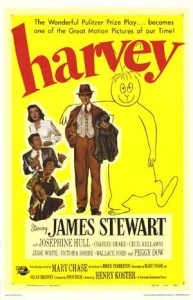Besides 1 man killed and 2 wounded, ‘Fletcher* was shot through the head by a sniper just after breakfast. During this tour he had gone out and brought in a French tricolour which the Germans had fastened to a tree right over their wire. The flag was afterwards presented to Eton College where he had been a master. He will be a great loss, not only for his gallantry, but for his personality and his conversation at Mess. To return off a cold and sticky digging party to Streaky Bacon [Farm] to find him sitting up over a decanter of rum with Wynne-Edwards and chanting in Greek a chorus from Aristophanes, or to hear his gay voice through a billet window on a bright March morning declaiming Swinburne’s “The Hounds of Spring are on Winter’s traces,” or watch him blowing smoke-rings after Mess while he parried the C.O.’s chaff about “University Education,” was an essential part of the amazing mixture of those days. There was something truly Elizabethan about “The Don”. He was buried in the cemetery on the right hand of the road as we go out to Bois Grenier.’
The war the infantry knew 1914-1919 by Captain J. C. Dunn, Abacus 2014.
*Second Lieutenant Walter George Fletcher, 1888-1914.


